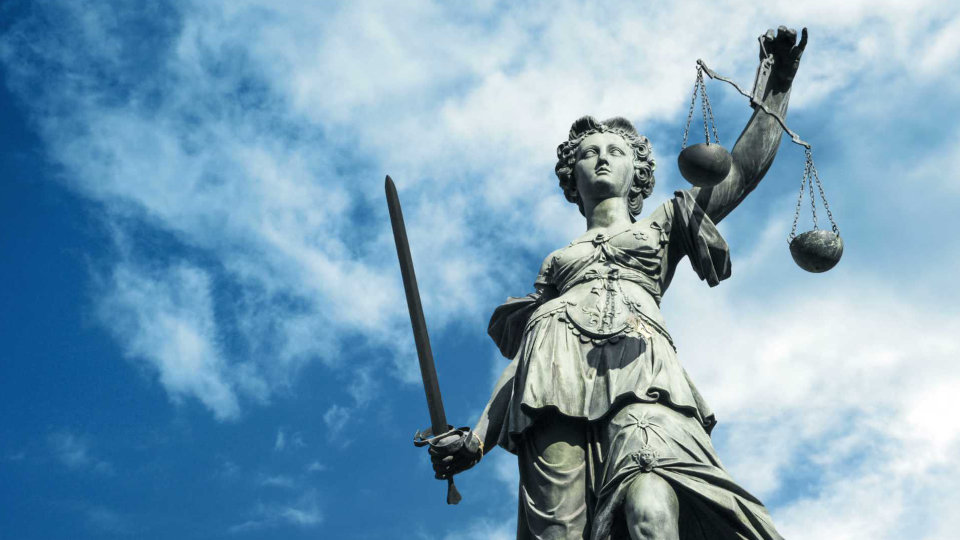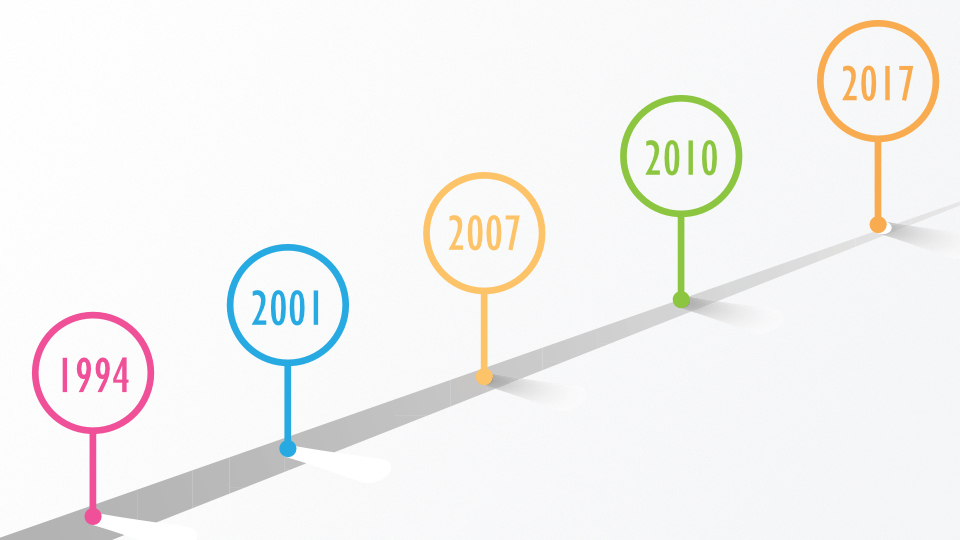I was recently interviewed and quoted by the Minneapolis Star Tribune regarding the cultural climate and policy trends in higher education toward those accused of sexual assault. My interviewer and I also discussed a recent article from The Minnesota Daily reporting on a new adjudicating body formed at U of M.
We currently have four cases in our Lawsuits database for Minnesota, three of which take place at U of M (which adopted “affirmative consent” policies last year). Three out of four cases were resolved in favor of the plaintiff. The last one is pending. It is inevitable that more lawsuits will be filed to remedy the lack of procedural protections.
University of Minnesota officials are creating a new committee made of students, faculty and administrators to adjudicate sexual misconduct-related hearings. The subcommittee of the Campus Committee on Student Behavior (CCSB) — the body that adjudicates student behavior cases at the University — will deal exclusively with sexual misconduct-related cases. The decision comes from a recommendation made by a workgroup of students, faculty and staff, Provost Karen Hanson announced earlier this month.
The move comes as reports of sexual misconduct at the University have increased in recent years and scrutiny has proliferated — both from victims and the accused — over institutions’ procedures for handling these cases.
and
…the subcommittee will consist of between three and five panelists, comprising students, faculty, staff and school administrators, and a panel chair. The committee will judge whether an accused student is responsible and also determine sanctions.
The underlying problem, which should be taken as a given, is as follows: accusations of sexual assault are difficult enough for a criminal justice system. Regardless of intent, campus administrators and their committees are not – and can never be – sufficiently trained or resourced to handle these kinds of accusations. Critical standards of evidence, procedural safeguards, and other checks and balances are (and will always be) lacking.
These accusations belong in the criminal justice system.
“We’ve all been thinking about what are the areas of this process that we could make improvements,” said Kimberly Hewitt, the University’s Title IX coordinator and director of Equal Opportunity of and Affirmative Action. “We were trying to think about ways to make the whole process shorter and also to increase the training and education of the people who were doing the panels.”
This brings us to our next problem. Universities tend to rush these proceedings already, and these are complicated accusations. What can sometimes take half a year, a year, or years in the criminal justice system is resolved by individual schools in months, if not weeks. This is hardly “too slow,” assuming that the goal is to provide an impartial process with a high regard to the notion that innocence should not be punished.
The CCSB, a volunteer committee of faculty, staff and students, has handled all student misconduct hearings in the past — cases that range from scholastic dishonesty to alcohol use to hazing.
Problem three: volunteers. Do we allow jury members to volunteer? Who is more likely to volunteer – a person with stronger biases than the average person regarding such accusations, or a disinterested person with weaker biases? The former, of course. What is the vetting process to separate a volunteer from a bureaucratic vigilante-in-training? We are not told.
It is also absurd that these “volunteers” can claim competence in adjudicating sex-assault accusations by citing their experience determining matters of plagiarism and underage drinking. Something tells me (and I hope is telling you as well) that one of these things is not like the other.
Sexual assault – rape especially – is not “misconduct.” It is a crime. It is nowhere near an equivalent level of offense as cheating on a term paper, or chugging a beer a few weeks shy of twenty-one.
What kind of training will these vigilantes volunteers receive? Per the article, “The new committee will receive about 20 hours of training a year.” That’s it. It gets worse, though.
Hewitt said accepted applicants will have five hours of training on Aug. 11 and again on Aug. 18. The remaining 10 hours of training will happen through the course of the school year, but the first 10 hours must be completed before panelists can hear a case.
It’s not even twenty hours upfront. It’s ten hours one week at the beginning of the school year, and then another ten over the next eleven months.
Ironically, long ago I received 50 hours of training over the course of a year working retail at O’Reilly Auto Parts, all to justify me making $8.25 an hour. These people use half that training time over the same length of time to justify potentially wrecking a student’s life.
We’re also making a generous assumption that the training material does not include extreme statistics cherry-picked from the most biased and least vetted studies, which is almost always the case.
University officials said they don’t expect that implementing and running the new subcommittee would cost additional money. Panelists would be volunteers, and the school is looking for experts to volunteer their time for training.
Who is getting paid? The administrators, certainly. And – if they are smart – their insurance company is as well.
Thank You for Reading
If you like what you have read, feel free to sign up for our newsletter here:
About the Author
Related Posts
I was recently interviewed and quoted by the Minneapolis Star Tribune regarding the cultural climate and policy trends in higher education toward those accused of sexual assault. My interviewer and I also discussed a recent article from The Minnesota Daily reporting on a new adjudicating body formed at U of M.
We currently have four cases in our Lawsuits database for Minnesota, three of which take place at U of M (which adopted “affirmative consent” policies last year). Three out of four cases were resolved in favor of the plaintiff. The last one is pending. It is inevitable that more lawsuits will be filed to remedy the lack of procedural protections.
University of Minnesota officials are creating a new committee made of students, faculty and administrators to adjudicate sexual misconduct-related hearings. The subcommittee of the Campus Committee on Student Behavior (CCSB) — the body that adjudicates student behavior cases at the University — will deal exclusively with sexual misconduct-related cases. The decision comes from a recommendation made by a workgroup of students, faculty and staff, Provost Karen Hanson announced earlier this month.
The move comes as reports of sexual misconduct at the University have increased in recent years and scrutiny has proliferated — both from victims and the accused — over institutions’ procedures for handling these cases.
and
…the subcommittee will consist of between three and five panelists, comprising students, faculty, staff and school administrators, and a panel chair. The committee will judge whether an accused student is responsible and also determine sanctions.
The underlying problem, which should be taken as a given, is as follows: accusations of sexual assault are difficult enough for a criminal justice system. Regardless of intent, campus administrators and their committees are not – and can never be – sufficiently trained or resourced to handle these kinds of accusations. Critical standards of evidence, procedural safeguards, and other checks and balances are (and will always be) lacking.
These accusations belong in the criminal justice system.
“We’ve all been thinking about what are the areas of this process that we could make improvements,” said Kimberly Hewitt, the University’s Title IX coordinator and director of Equal Opportunity of and Affirmative Action. “We were trying to think about ways to make the whole process shorter and also to increase the training and education of the people who were doing the panels.”
This brings us to our next problem. Universities tend to rush these proceedings already, and these are complicated accusations. What can sometimes take half a year, a year, or years in the criminal justice system is resolved by individual schools in months, if not weeks. This is hardly “too slow,” assuming that the goal is to provide an impartial process with a high regard to the notion that innocence should not be punished.
The CCSB, a volunteer committee of faculty, staff and students, has handled all student misconduct hearings in the past — cases that range from scholastic dishonesty to alcohol use to hazing.
Problem three: volunteers. Do we allow jury members to volunteer? Who is more likely to volunteer – a person with stronger biases than the average person regarding such accusations, or a disinterested person with weaker biases? The former, of course. What is the vetting process to separate a volunteer from a bureaucratic vigilante-in-training? We are not told.
It is also absurd that these “volunteers” can claim competence in adjudicating sex-assault accusations by citing their experience determining matters of plagiarism and underage drinking. Something tells me (and I hope is telling you as well) that one of these things is not like the other.
Sexual assault – rape especially – is not “misconduct.” It is a crime. It is nowhere near an equivalent level of offense as cheating on a term paper, or chugging a beer a few weeks shy of twenty-one.
What kind of training will these vigilantes volunteers receive? Per the article, “The new committee will receive about 20 hours of training a year.” That’s it. It gets worse, though.
Hewitt said accepted applicants will have five hours of training on Aug. 11 and again on Aug. 18. The remaining 10 hours of training will happen through the course of the school year, but the first 10 hours must be completed before panelists can hear a case.
It’s not even twenty hours upfront. It’s ten hours one week at the beginning of the school year, and then another ten over the next eleven months.
Ironically, long ago I received 50 hours of training over the course of a year working retail at O’Reilly Auto Parts, all to justify me making $8.25 an hour. These people use half that training time over the same length of time to justify potentially wrecking a student’s life.
We’re also making a generous assumption that the training material does not include extreme statistics cherry-picked from the most biased and least vetted studies, which is almost always the case.
University officials said they don’t expect that implementing and running the new subcommittee would cost additional money. Panelists would be volunteers, and the school is looking for experts to volunteer their time for training.
Who is getting paid? The administrators, certainly. And – if they are smart – their insurance company is as well.
Thank You for Reading
If you like what you have read, feel free to sign up for our newsletter here:
About the Author
Related Posts
More from Title IX for All
Accused Students Database
Research due process and similar lawsuits by students accused of Title IX violations (sexual assault, harassment, dating violence, stalking, etc.) in higher education.
OCR Resolutions Database
Research resolved Title IX investigations of K-12 and postsecondary institutions by the Department of Education’s Office for Civil Rights (OCR).
Attorneys Directory
A basic directory for looking up Title IX attorneys, most of whom have represented parties in litigation by accused students.






